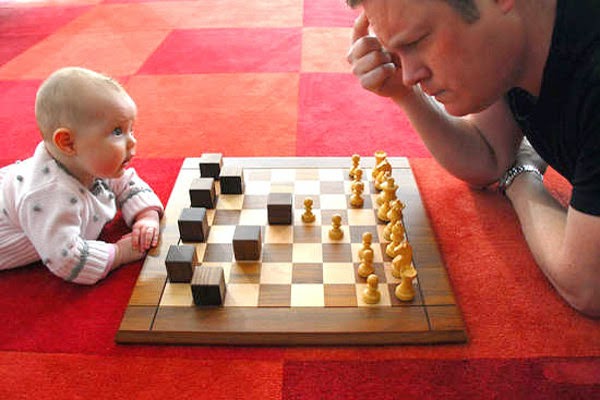 Following up on my last blog post about what makes someone coachable, I wanted to look at what traits or attributes make a coach a good coach. Having spent almost 20 years in multisport, I asked some of my fellow athletes what they thought was important in a coach. Now, these are related to athletic coaching but I wanted to share.
Following up on my last blog post about what makes someone coachable, I wanted to look at what traits or attributes make a coach a good coach. Having spent almost 20 years in multisport, I asked some of my fellow athletes what they thought was important in a coach. Now, these are related to athletic coaching but I wanted to share.I found a few common themes:
- Continued learning in the field, either sport-specific (particularly for technique-driven sports like swimming) or sport-supporting (such as psychology, nutrition, for example)
- Some level of competency in the field, usually demonstrated through some level of athletic achievement
- History of helping others achieve similar/related goals
- Honesty/Open communicator/Realistic
- Personal integrity
- Adaptability
- Better at listening than at talking
I think this is a good start but it's missing... something. Where's the passion? The inspiration? The accountability? I think a good coach inspires their athletes to try harder, to have passion, to push past their boundaries even the imaginary ones. Good coaches also have the courage to have difficult conversations with their athletes, including those that involve failure, set backs or resetting expectations.
 I have found personally that good coaches are easy to follow. They are committed to the athlete and to the process of development. They invest a great deal of time and energy and emotion doing something for which they have real passion. And I think a good coach has that real passion for the development and success of their athlete, not just for the sport itself.
I have found personally that good coaches are easy to follow. They are committed to the athlete and to the process of development. They invest a great deal of time and energy and emotion doing something for which they have real passion. And I think a good coach has that real passion for the development and success of their athlete, not just for the sport itself. So as much as I love doing improvement work, real boots-on-the-ground kinda stuff, I must now learn to love helping others do that work, to stand back and support those doing.
AMac



